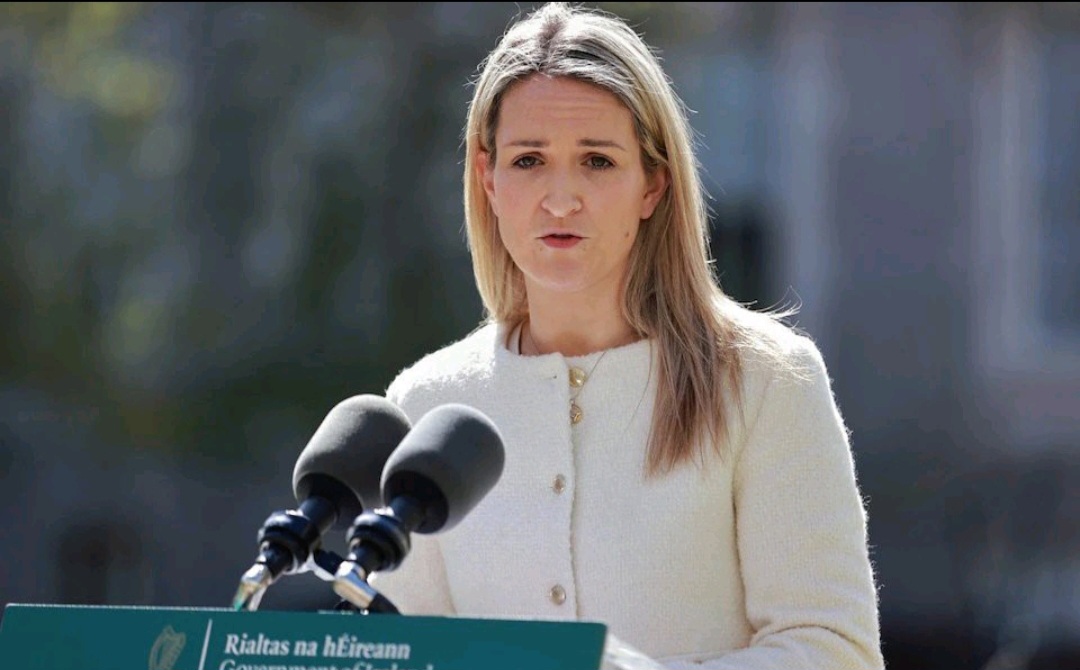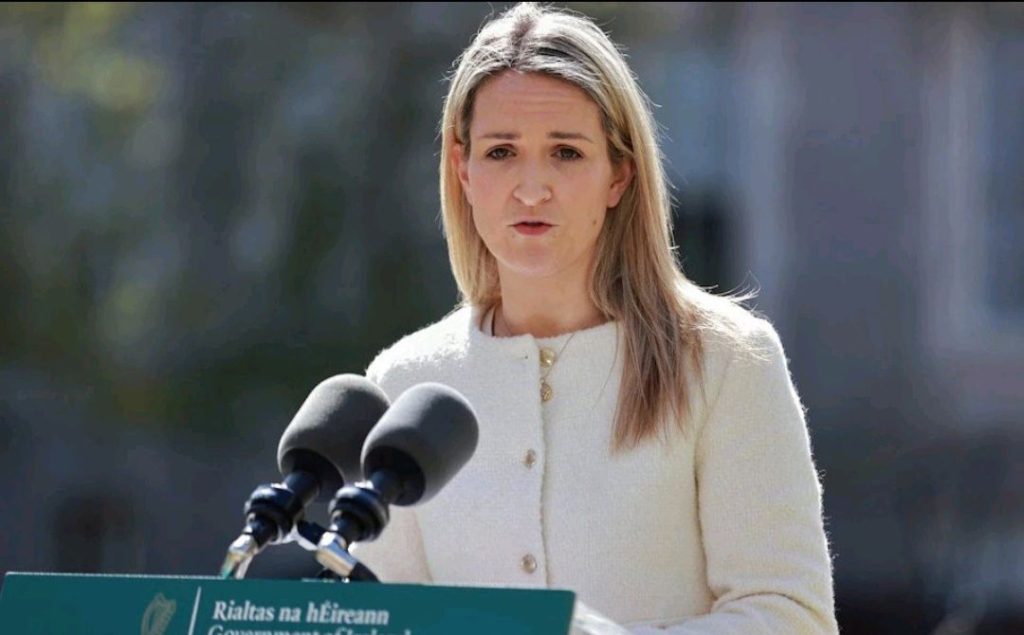
In recent years, Ireland has found itself at the center of a heated debate surrounding immigration, fueled by a significant increase in asylum seekers entering the country, predominantly from the UK. According to statements made by Helen McEntee, Ireland’s justice minister, more than 80% of asylum seekers are now arriving from the UK, exacerbating concerns amidst an acute housing crisis.

According to reports by The Guardian News, This surge in migration has drawn attention to the intricate dynamics of Ireland’s borders, particularly the open border between Ireland and Northern Ireland. A product of the historic Common Travel Area between the UK and Ireland, this open border has long facilitated seamless travel but has also presented challenges in managing migration flows. The gradual dismantling of infrastructure post the Good Friday Agreement aimed to foster peace and economic integration, yet the complexities introduced by Brexit negotiations resulted in the creation of an Irish Sea border, further complicating the landscape of migration management.
Legal ramifications and policy challenges have further compounded the situation. With the UK’s departure from the EU, questions have arisen regarding the status of migrants crossing into Ireland from Northern Ireland. While there exists a returns agreement with the UK, recent legal challenges have hindered efforts to designate the UK as a safe country for returning asylum seekers. Additionally, a notable increase in asylum claims from Nigeria has added layers of complexity to existing immigration policies, prompting scrutiny of the Irish government’s response.
Beyond the legal sphere, Ireland has grappled with social tensions stemming from immigration. Instances of anti-immigration riots and arson attacks on asylum seeker centers have underscored broader anxieties within Irish society regarding the impact of immigration on local communities and resources. Despite Ireland’s commendable history of welcoming refugees, including over 100,000 Ukrainian refugees following Vladimir Putin’s illegal invasion, the influx from other countries has tested the limits of Ireland’s support infrastructure.
The political arena has become a battleground for debates surrounding immigration policy, border management, and integration efforts. As Ireland confronts these challenges head-on, there is a growing consensus on the need for comprehensive immigration reform and cross-border cooperation. Such reforms are deemed essential not only to address the immediate concerns of managing migration flows and ensuring the fair treatment of asylum seekers but also to tackle the root causes of migration and foster a more inclusive and resilient society.
Ireland finds itself at a critical juncture in its immigration landscape, grappling with the multifaceted challenges posed by asylum seeker influx and border dynamics. The nation’s response to these challenges will not only shape its immigration policies but also its social cohesion and international reputation. As Ireland navigates this complex terrain, the imperative for proactive and collaborative approaches to immigration reform cannot be overstated.




